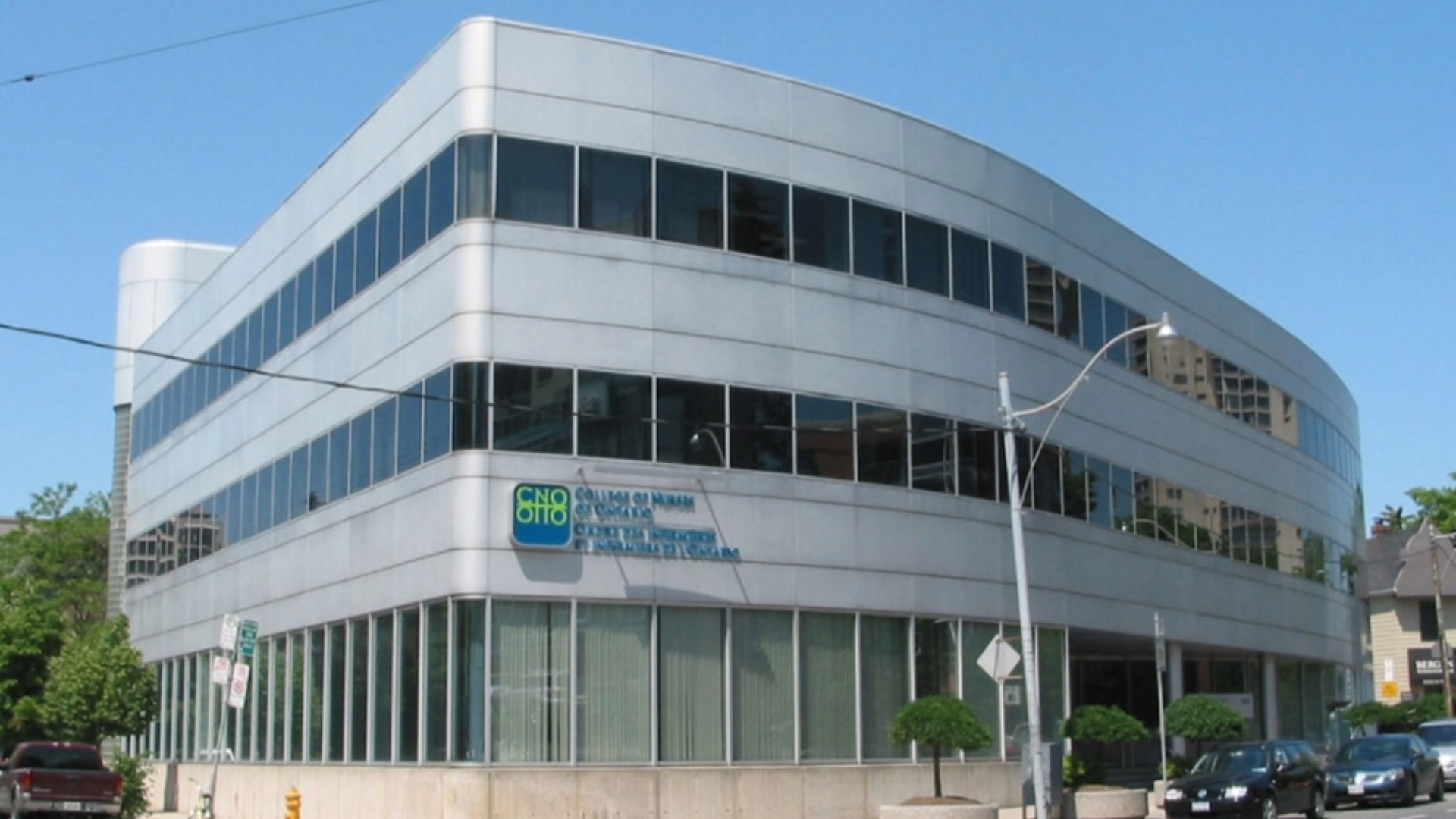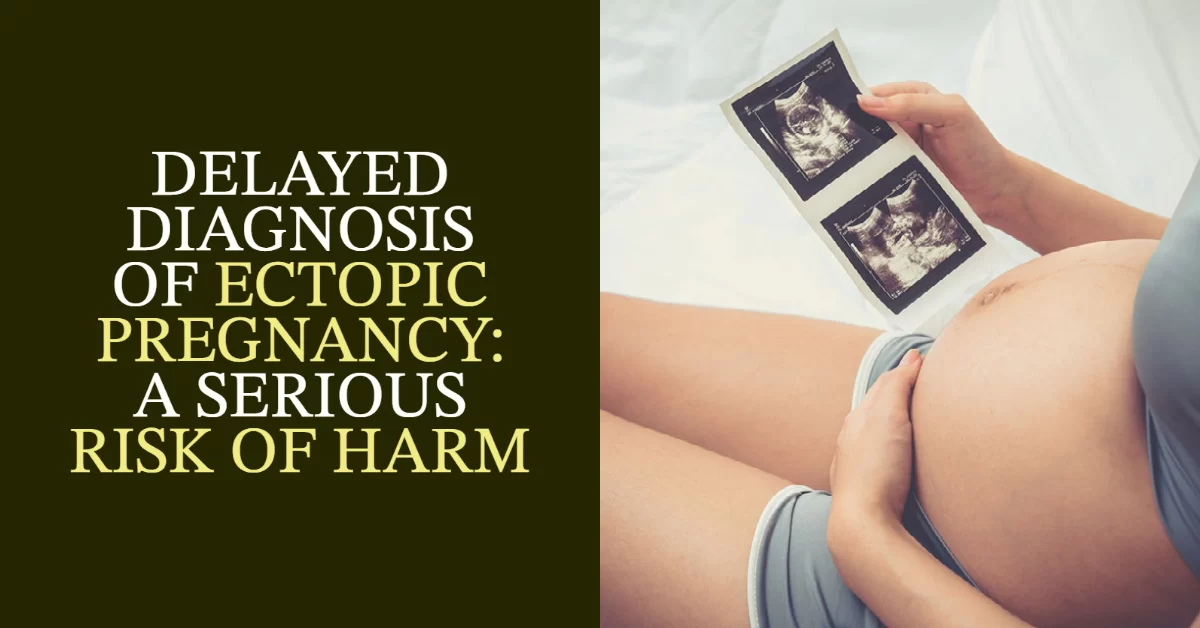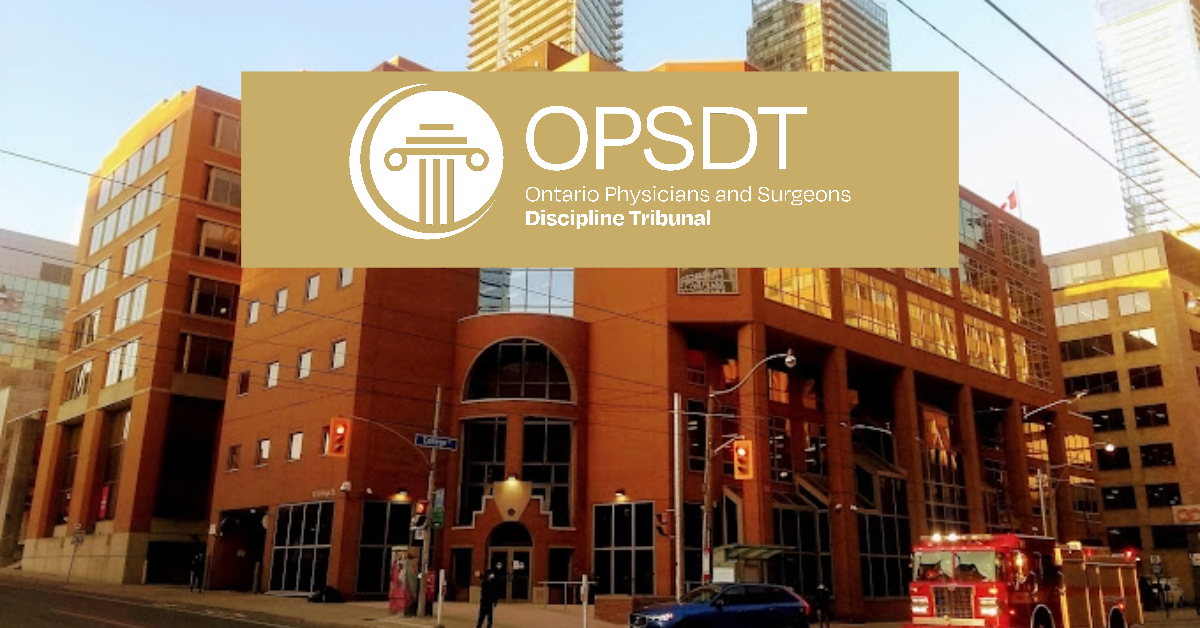
Nurse Alters Morphine Record, Patient Dies: CNO Orders Permanent Resignation
A Profound Breach of Trust in End-of-Life Care In CNO v. Lindsey Coyle, the Discipline Committee of the College of Nurses of Ontario addressed one

An ectopic pregnancy occurs when a fertilized egg implants and grows in a location that cannot support the pregnancy. More than 90% of all ectopic pregnancies occur outside of the uterine cavity in a fallopian tube, but they can also implant in the abdomen, cervix, ovary, and cesarean scar.
An ectopic pregnancy in any location is a life threatening emergency.
If the pregnancy grows untreated, it can cause the structure where it is implanted to burst, or rupture. A rupture can cause major internal bleeding and is a life-threatening emergency that requires urgent surgery.
An ectopic pregnancy can also seriously compromise future fertility and is therefore an important clinical entity to diagnose and manage early.
In a recent medical journal article published in November, 2022 and entitled “Predictors of Successful Medical Management With Methotrexate in Unruptured Tubal Ectopic Pregnancy” (the “study”) the authors state the following with respect to ectopic pregnancies:
Ectopic pregnancy, a significant cause of morbidity and mortality in the first trimester, is a clinical condition when the developing embryo implants at a site other than the endometrium of the uterine cavity. The most common extra-uterine location is the fallopian tube, which accounts for nearly 95-98% of all ectopic gestations. The incidence of ectopic pregnancy has been reported as 0.25%-2%. The increase in the incidence in recent years is attributed to better awareness and advanced techniques for diagnosing ectopic pregnancy coupled with an increasing prevalence of risk factors for ectopic pregnancy, such as pelvic inflammatory disease and assisted reproductive technology.
Early detection and diagnosis is key: The cornerstone for early detection of ectopic pregnancy prior to rupture and worsening signs and symptoms are a high index of suspicion, trans-vaginal ultrasonography with detection of the ectopic gestation, and serial Beta-hCG assays showing abnormal doubling time or plateauing levels.
The authors of the study go on to say that ectopic pregnancy is one of the few clinical conditions that can be managed either by medical treatment or by surgery.
They observe that medical treatment with methotrexate (MTX) is a safe and effective alternative to surgical management in properly selected cases diagnosed early prior to rupture.
After conducting a prospective observational study in a tertiary teaching hospital from December 2018 to May 2021, the authors of the study concluded that the success rate of MTX tends to be higher with lower Beta-HCG levels at the time of treatment: … the most important predictors for the successful outcome of medical management were lower pre-treatment Beta-hCG levels (≤4000 mIU/ml), the absence of its rising trend on post-treatment day 4, and a further decrease by at least 15% (of day 4 levels) on post-treatment day 7, in response to a single dose of MTX.
Not all patients are eligible for medical management of ectopic pregnancy. Some patients, including those for whom medication is contraindicated or those who have a ruptured ectopic pregnancy, may require surgery.
In a surgery for a tubal ectopic pregnancy, the entire pregnancy may be removed from a fallopian tube or the tube may be removed with the pregnancy. An ectopic pregnancy in the cervix or cesarean scar may be removed with a dilation and curettage procedure.
A delayed diagnosis of ectopic pregnancy may result in loss of fertility, function and even life. Early detection before the rupture of the tube allows for potential non-operative management with a higher likelihood of a good outcome.

A Profound Breach of Trust in End-of-Life Care In CNO v. Lindsey Coyle, the Discipline Committee of the College of Nurses of Ontario addressed one

What College of Physicians and Surgeons of Ontario v. Thirlwell, 2026 ONPSDT 5 Means for Patients and Public Trust In College of Physicians and Surgeons